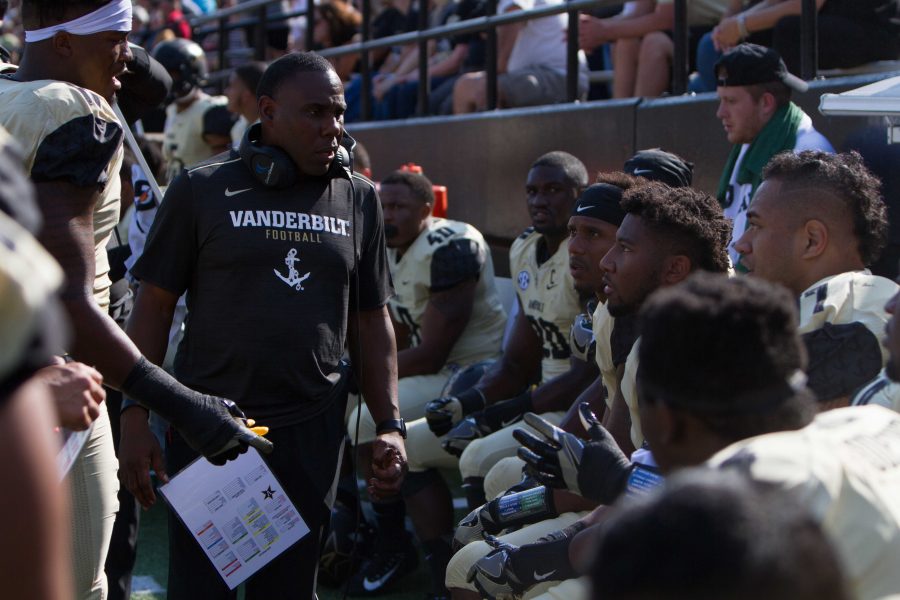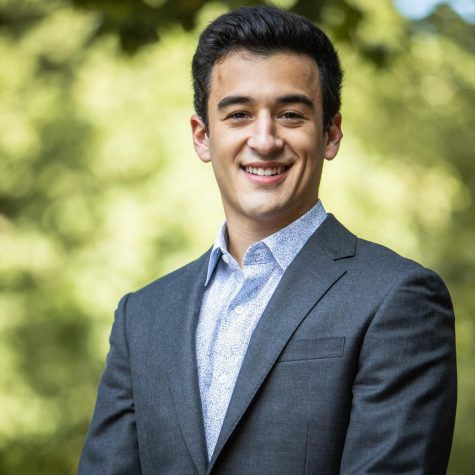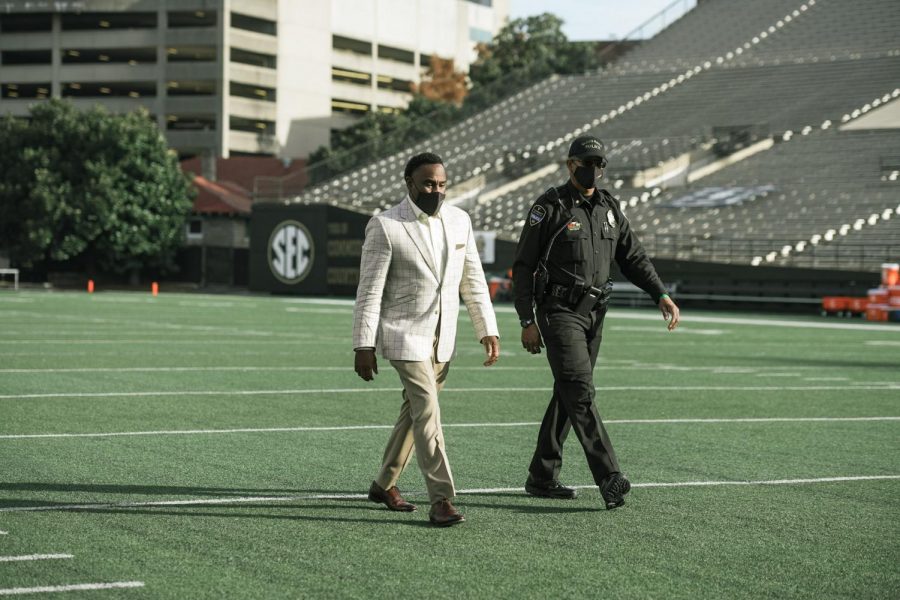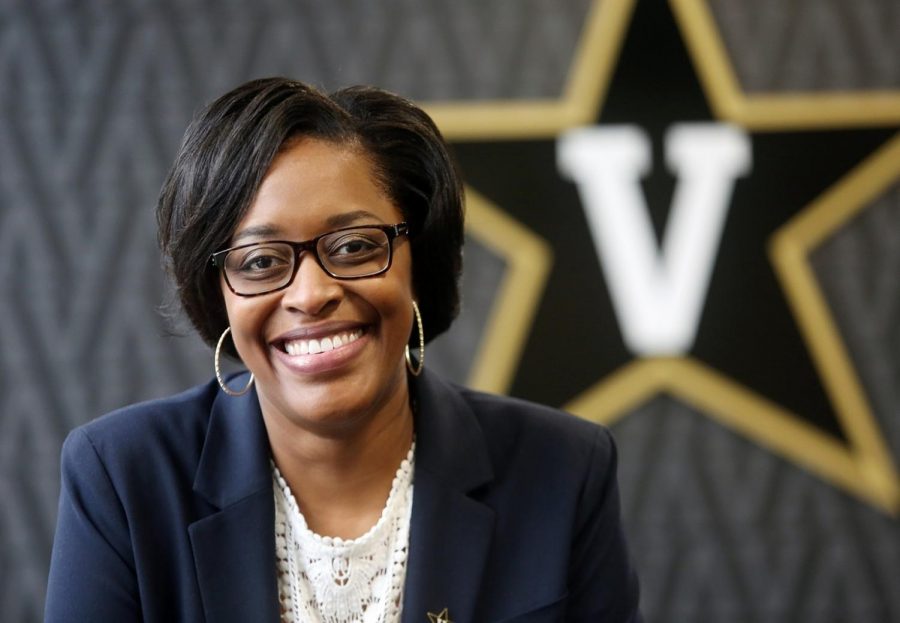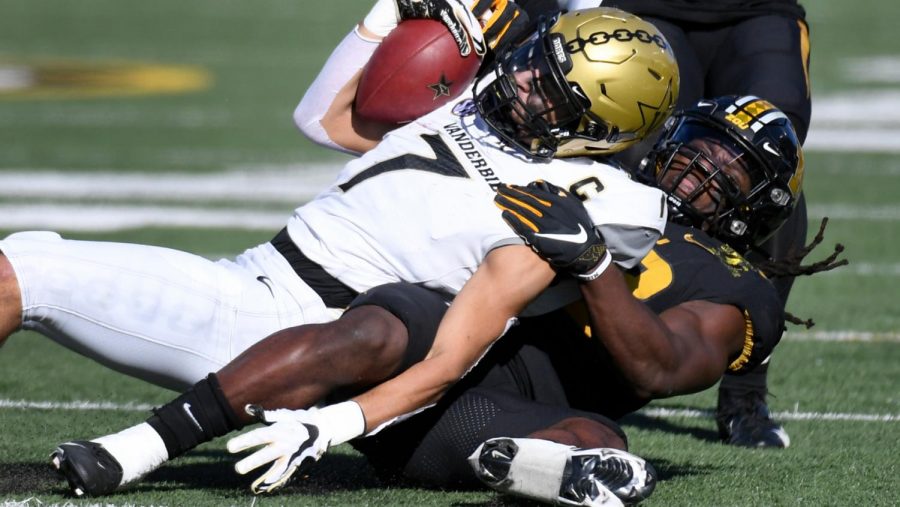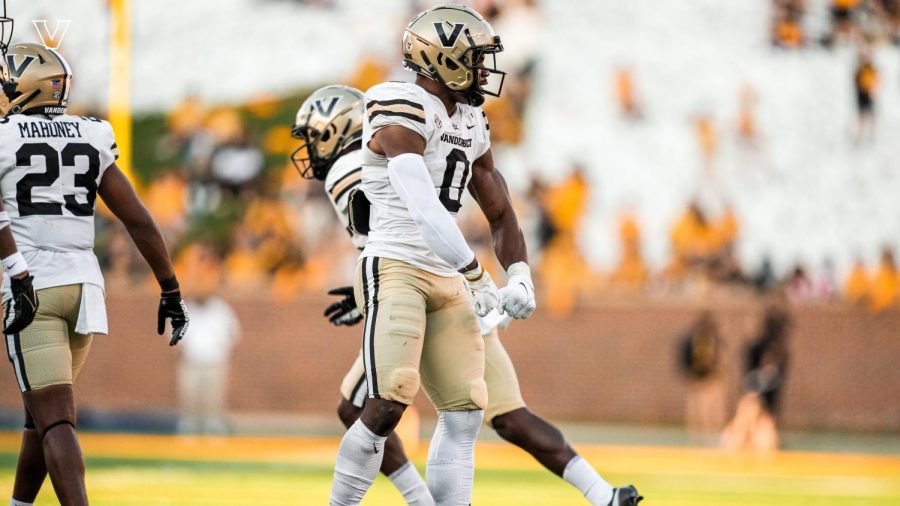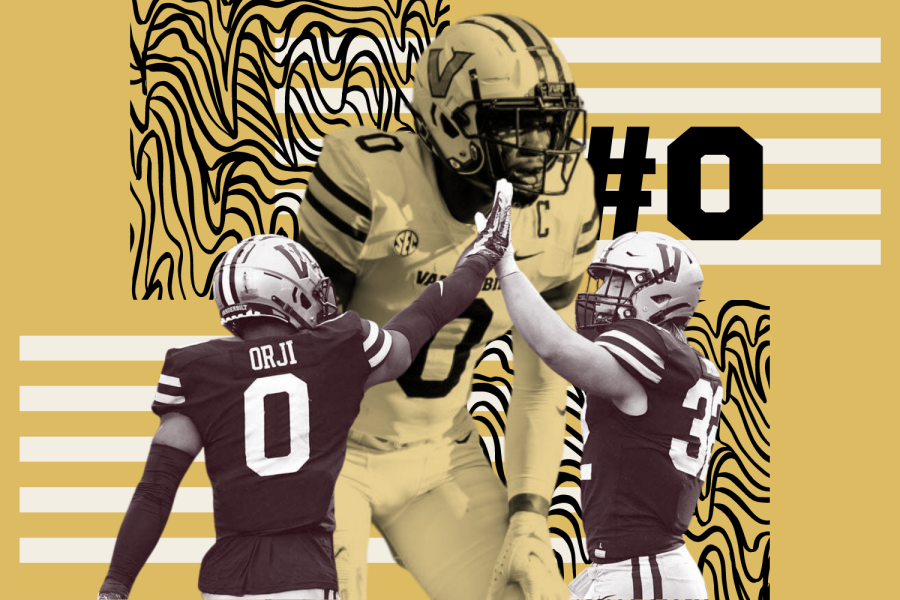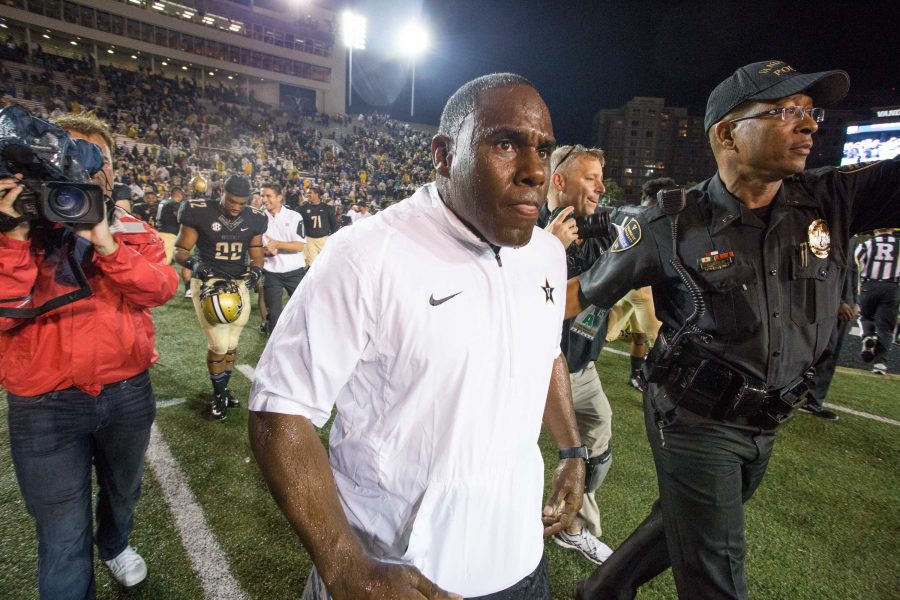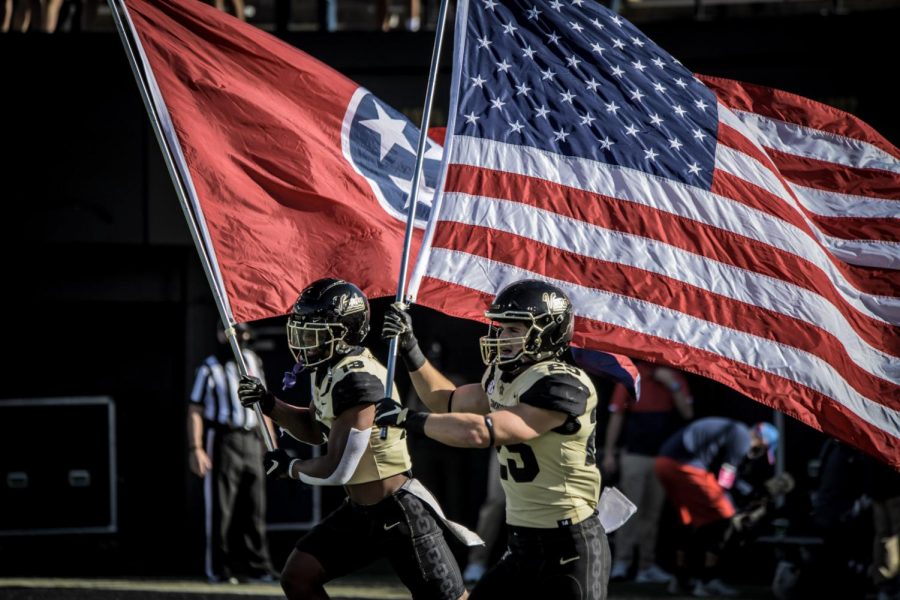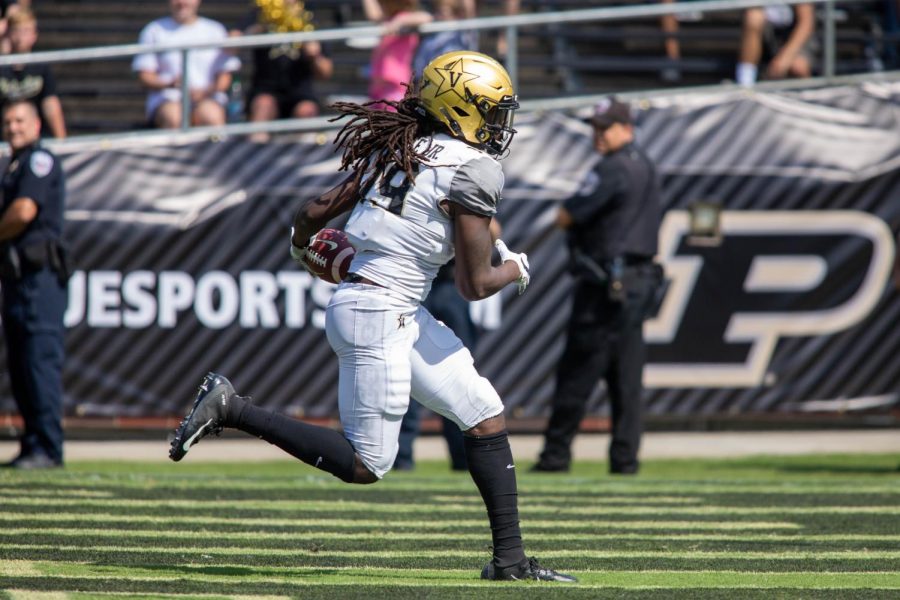Saturday marks three weeks since Vanderbilt last took the field in a 41-7 home loss to South Carolina, as the Commodores followed up their Week Three contest by postponing a game due to COVID-19 complications, then going straight into a bye week.
At long last, though, in Tuesday’s press conference, head coach Derek Mason made one thing clear: the Commodores expect to play this week.
“For us, there will be a football game played [this weekend],” Mason said. “We do play Ole Miss. Our football team is slowly but surely starting to look the part, as we’ve been able to get guys back and get a lot of key guys back in critical spots. Now, what we’re looking to do is push it forward.”
While the Commodores have not faced live competition in quite some time, Mason seemed confident that the back-to-back bye weeks were beneficial, rather than detrimental, to the team’s performance.
“It has been beneficial,” he said. “It allowed us to work on those things offensively: protections, timing for the quarterback, what do we do for him, different platforms. He’s playing from the pocket, he’s playing on the perimeter. How do you use the run game to help you in the pass game? All these things, as well as cleaning up his reads a little bit, have worked for the betterment of our offense.”
Mason pointed out that many of the student-athletes placed in quarantine were defensive players, so the Commodores began their practice schedule with a shorthanded defense. But as defensive starters returned to the playing field, quarterback Ken Seals started getting more competitive looks.
“You want him to be pressured and you want him to be stressed and be able to flip protection, get right and be able to understand where he needs to go with the football in order for us to keep the chains moving,” Mason said. “I think it’s been a great benefit to us, and now what we’re seeing is the marriage of the run game and the pass game.”
As some of his players return from COVID-19 related isolations or quarantines, Mason outlined the return-to-play process after getting contact-traced or testing positive.
First, for those who are contact-traced and sent into quarantine, they must isolate for a 14-day period, the same length of a non student-athlete. However, when a student-athlete is released from quarantine, they begin a two-day acclimation period; the player is required to pass a conditioning test on two consecutive days before returning, Mason said. Once they pass the test twice in a row, the coaching staff can begin outlining a workload.
“We have GPS monitoring, so the first day they’re at 65 percent, the second day they’re at 75 percent and then they’re back,” Mason said. “So that’s what it looks like coming out of quarantine.”
Coming out of isolation, however, is a much different process, according to Mason. Isolation, a 10-day period designated for those who actually test positive for COVID-19, is a longer period of time that requires more testing.
“For isolation, it’s about getting an EKG (electrocardiogram) upon getting out. You’ve got 10 days, then your EKG, then your PCR testing, then after PCR testing you have to get a cardiac MRI,” Mason said. “So you’ve got three days of testing, and then you get into the on-the-field acclimation days, which are two days, and then you’re back to the GPS testing on workload. So it can almost be close to two-and-a-half weeks before a young man truly comes back after testing positive. That’s if everything goes well.”
Mason continued to note that the team has had two “really good practices”; one on Sunday and a more “high-tempo” practice on Tuesday morning.
“For us, the definite challenge is making sure we take care of the things we take care of,” Mason said.
The Commodores (0-3) will host the Ole Miss Rebels (1-4) on Saturday, Oct. 31 at 3:00 p.m. CDT.


